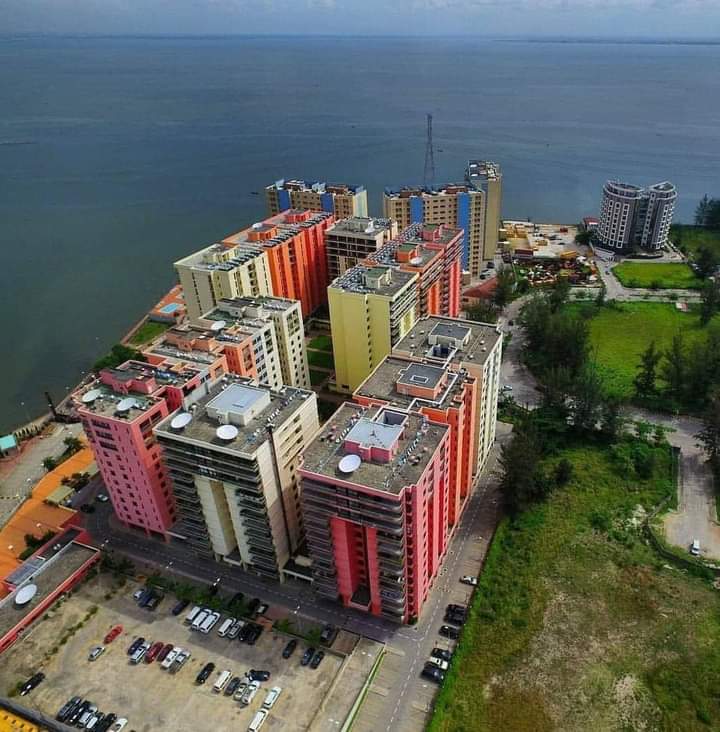Nnamdi Kanu Seeks Court’s Approval to Appeal 2021 Detention Order


Nnamdi Kanu Seeks Court’s Approval to Appeal 2021 Detention Order
The leader of the Indigenous People of Biafra (IPOB), Nnamdi Kanu, has filed a motion at the Court of Appeal in Abuja, seeking an extension of time to challenge the June 2021 ruling by the Federal High Court that ordered his detention.
This development was disclosed on Thursday by Kanu’s Special Counsel, Barrister Aloy Ejimakor. He revealed that Kanu, who was arrested in Kenya in June 2021, was secretly presented in court on June 29, 2021, without the knowledge of his legal representatives.
Ejimakor criticized the secret proceedings, stating, “The court held a hearing and ordered his detention without notifying his counsel, who was well known to the court. This act is unconstitutional.”
Kanu’s legal team is seeking to appeal the order issued by Justice Binta Nyako of the Federal High Court in Charge No: FHC/ABJ/CR/383/201. The motion argues that the initial proceedings violated Kanu’s right to fair hearing as stipulated under Nigerian law.
Key Points of the Appeal
1. Unconstitutional Detention: The motion alleges that the trial judge erred in law by denying Kanu a fair hearing during the June 29, 2021, proceedings, which led to his detention.
2. Violation of Legal Procedure: Kanu’s legal team highlighted that the proceedings did not follow due process as required by Section 169 of the Administration of Criminal Justice Act 2015. This section mandates that a defendant must be heard before being remanded.
3. Reliefs Sought: The application requests:
An extension of time to file the appeal against the detention order.
The setting aside of the June 29, 2021, remand order.
Admission of Kanu to bail on the terms previously granted or under revised conditions.
Alternatively, a transfer of his custody from the State Security Services (SSS) to a standard prison facility.
Background and Legal Arguments
Kanu’s motion argues that his detention by the SSS is improper and violates his fundamental rights. The appeal further underscores the importance of fair hearing, emphasizing that the initial ruling and subsequent remand were conducted in secrecy, undermining the integrity of the judicial process.
The legal team insists that the detention process must adhere to established procedures, which require defendants to be heard before any custodial decisions are made.
As the court reviews the application, the case once again highlights the broader debates surrounding human rights, legal transparency, and judicial accountability in Nigeria.





